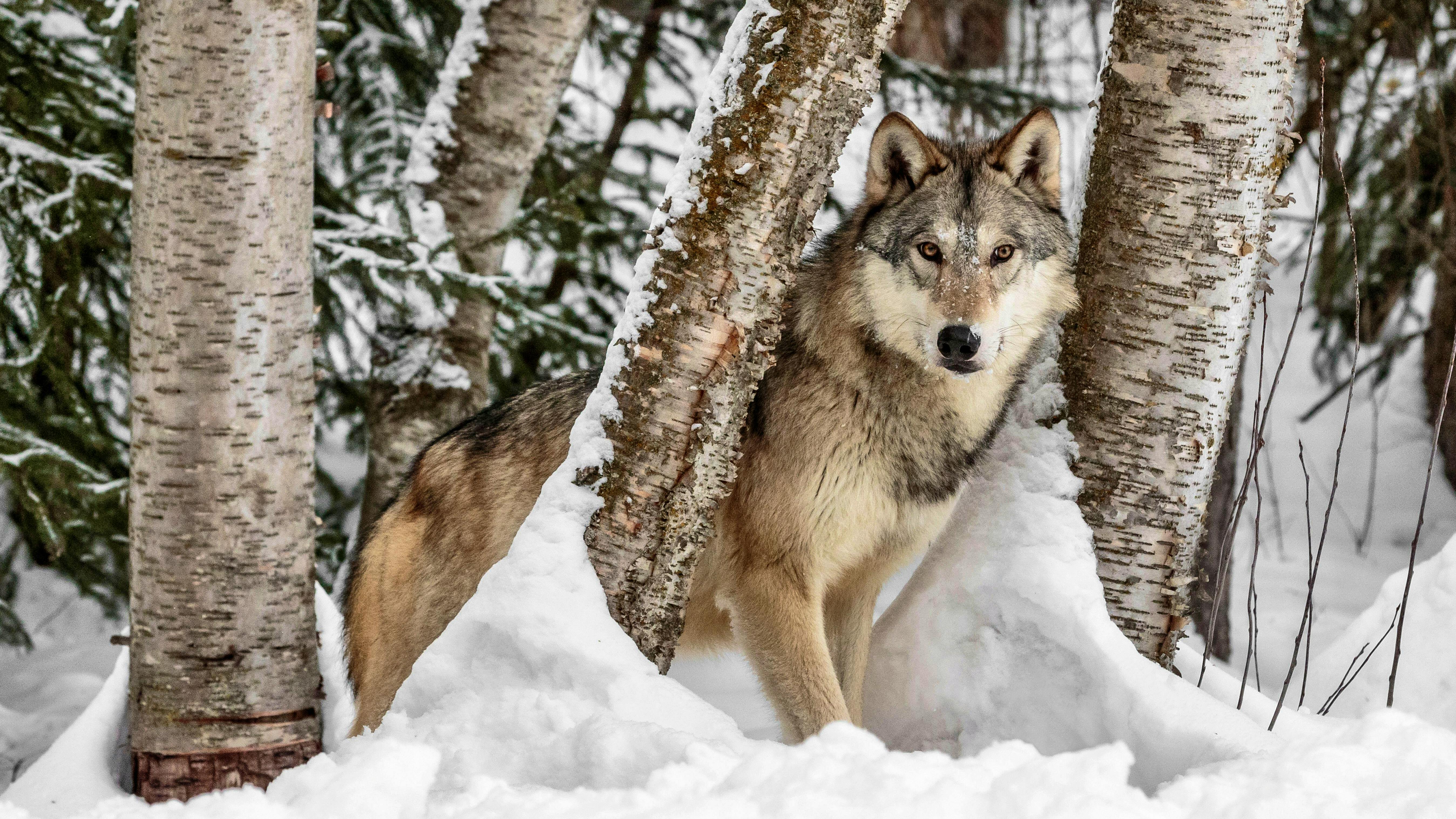by Jamie Rappaport Clark
Fifty years ago today, a small book was published that awakened us all to the plight of our planet and arguably changed the course of history. I know it changed mine.

Rachel Carson (1907-1964), author of Silent Spring, pictured here in 1940 as a biologist with the U.S. Fish and Wildlife Service.
Silent Spring was the book, and its author Rachel Carson was one of the early pioneer women scientists to work for the U.S. Fish and Wildlife Service during the 1930s. Decades later, I would follow in her footsteps, both literally and figuratively. As a biologist working for the same agency during the ‘90s, I had the great fortune to occupy her old office in the Department of the Interior building for part of my tenure. Then, when I was appointed director of the Fish and Wildlife Service in 1997, I stood on her shoulders as I led the federal government’s efforts to protect America’s natural heritage.
I remember reading Silent Spring for the first time when I was in high school. By then, DDT had already been banned nationwide, but America’s wildlife was still reeling from its devastating effects. Carson’s prescient writings compelled me to recognize the damage being done to the planet, especially the majestic birds that I had grown to love as a child. Through her eyes, I also began to see that it was within our power to stop the poisoning of our environment and save the growing number of species teetering on the brink of extinction.
During college I became more hopeful as I oversaw the release of captive-bred endangered peregrine falcons back into the wild. Falcon populations had plummeted after decades of using DDT, which made eggshells too thin and caused them to break. But thanks to dedicated conservation efforts and tougher pesticide restrictions, falcons, bald eagles and many other birds of prey were finally starting to recover. I felt very fortunate to play a direct role in righting a wrong, undoing decades of uncontrolled pesticide use and poor management of our most vulnerable species.
![Photo Contest Entry [WILDLIFE]](https://www.defendersblog.org/wp-content/uploads/2012/09/peregrine-avise-wm-300x204.jpg)
Peregrine falcons are one of many species that suffered greatly from decades of DDT poisoning. They have made a strong recovery as a result of conservation efforts and tougher pesticide restrictions brought on–at least in part–by the publication of Silent Spring.
I’ve often reflected back on Rachel Carson’s incredible courage and leadership as she challenged agricultural scientists and the government to change how the natural word was viewed and protected. I’ve done my best throughout my career to highlight the importance of science, stewardship, and ethical responsibility and to emulate her courageous leadership as well.
Now, as president of Defenders of Wildlife (of which Carson was briefly a board member), I’m privileged to carry on that legacy. Each day presents a new opportunity to raise awareness of the threats facing our wildlife and the habitats they need to survive. Fueled by the passion of our members and supporters and grounded in sound science, we aim to make positive changes that ultimately benefit all Americans. In that respect, the message of Silent Spring is as relevant today as it was in 1962.
After 50 years, I wish I could say that all our problems have been solved. Instead, we’ve replaced DDT with other dangerous pesticides, we continue to lose more wildlife habitat each year at an alarming rate, the number of species on the brink of extinction continues to climb, and global warming threatens to throw many ecosystems out of balance. Yet, I’m still hopeful. And I firmly believe we can achieve lasting solutions to the environmental challenges we face today.
People everywhere are waking up to the reality of pollution and climate change and the loss of biodiversity, and they’re realizing it’s up to all of us to make a difference. Thankfully, like those of us who grew up reading Silent Spring decades ago, a new generation has recognized that nothing is more important than protecting the planet that sustains us all. With our collective efforts to create a cleaner, greener future, Rachel Carson’s spirit and call to action lives on.








Follow Defenders of Wildlife
facebook twitter instagram youtube tiktok threads